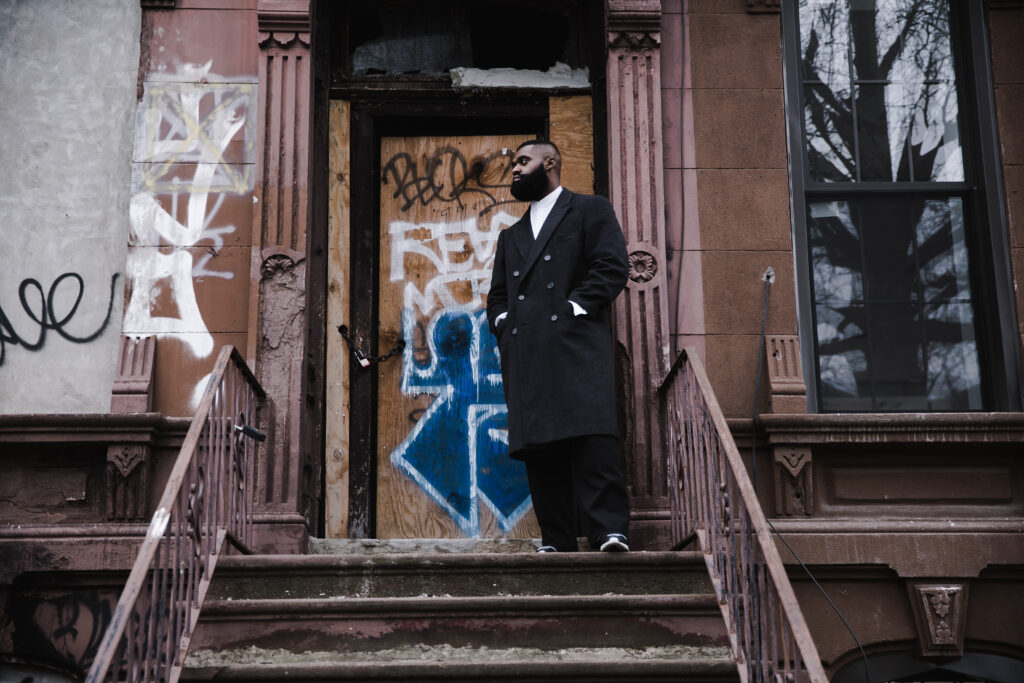While it does not get the same attention as prescription opioids, heroin, a cheaper but equally addictive street-level opioid, is also a problem in the United States. Granted, the breadth and scope of that heroin problem hardly compare to the problem of prescription-based opioid drugs, but it is still a problem worthy of attention and discussion.
Now, to appreciate the breadth and scope of the heroin problem in America, it helps to look at a study published by the National Institutes of Health (NIH). According to that study, an estimated 691,000 Americans aged 12 and older had a heroin use disorder in 2020. Even more alarming is the total number of deaths attributed to heroin use disorders, which, according to the same NIH study, reached nearly 13,200 in 2020.
The Reality of Overcoming Heroin Addiction
Anyone who has been there personally will attest overcoming heroin addiction is no easy task, especially when going it alone. Fortunately, there are more than 14,500 rehab facilities that individuals can turn to for help getting through what is, arguably, one of the darkest times in their lives.
One of the benefits that come from seeking help in one of these facilities is having access to medication-assisted detox to help combat the severe withdrawal symptoms commonly associated with abrupt heroin cessation. These withdrawal symptoms, which usually start within 8 to 24 hours after someone has taken their final dose of heroin, include the following:
- Anxiety and depression
- Diarrhea
- Dilated pupils
- Dysphoria and anhedonia
- Elevated blood pressure and body temperature
- Insomnia and hypersomnia
- Intense drug cravings
- Muscle and bone pain
- Muscle spasms
- Nausea and vomiting
- Profuse sweating
- Rapid breathing
- Rapid pulse
Most rehab facilities that offer medication-assisted detox offer a wide range of FDA-approved medications to help eliminate or significantly ease severe withdrawal symptoms synonymous with abrupt heroin cessation. Some of these medications include the following:
- Buprenorphine
- Lucemyra
- Methadone
- Naltrexone
While individuals go through their detox journey and take FDA-approved medications to help combat severe withdrawal symptoms, they also receive round-the-clock monitoring by a licensed rehab physician or nurse. This aspect of a medication-assisted detox program is critical as it ensures medical care is readily available should an individual suffer a seizure, suddenly stop breathing, or encounter some other life-threatening withdrawal symptom.
Where Should You Go For Help When You’re Ready to Quit Heroin?
Ideally, anyone ready to overcome a heroin addiction should seek help from a licensed rehab facility. That said, some facilities can be a better fit than others depending on one’s individual needs. Therefore, those serious about putting heroin addiction behind them should take into consideration the following when deciding on a rehab facility:
- If you need an inpatient or outpatient addiction recovery program
- If you prefer a private or state-funded rehab facility
- If you will need help paying for rehab
- Whether or not medication-assisted detox will be part of your addiction recovery efforts
Fortunately, many online and offline resources can help individuals find answers to these questions and others related to addiction recovery. One of these resources is addiction referral services. Almost every state in the U.S. has addiction referral services that can provide detailed information to help steer individuals to or away from specific rehab facilities. And for those trying to get clean and are experiencing acute withdrawal symptoms, most states have local crisis hotlines that individuals can call for immediate help and advice. And it does not end there. If paying for addiction recovery services is a concern, eligible individuals can turn to Medicaid or Medicare for assistance. Finally, most states have specialized programs and resources aimed at helping specific demographics of people quit heroin and other drugs. Examples of such groups include the following:
- Individuals who are homeless
- Individuals with existing medical problems
- Teenagers
- Women who are pregnant
- Veterans
In summary, if you have a problem with heroin or any other illicit substance, help is available. What’s more, it’s available to you regardless of your circumstances. To learn more about any of the information detailed in this article or for help finding a rehab facility in your area, consider speaking with one of our addiction experts today. Call us at 833-497-3812.

